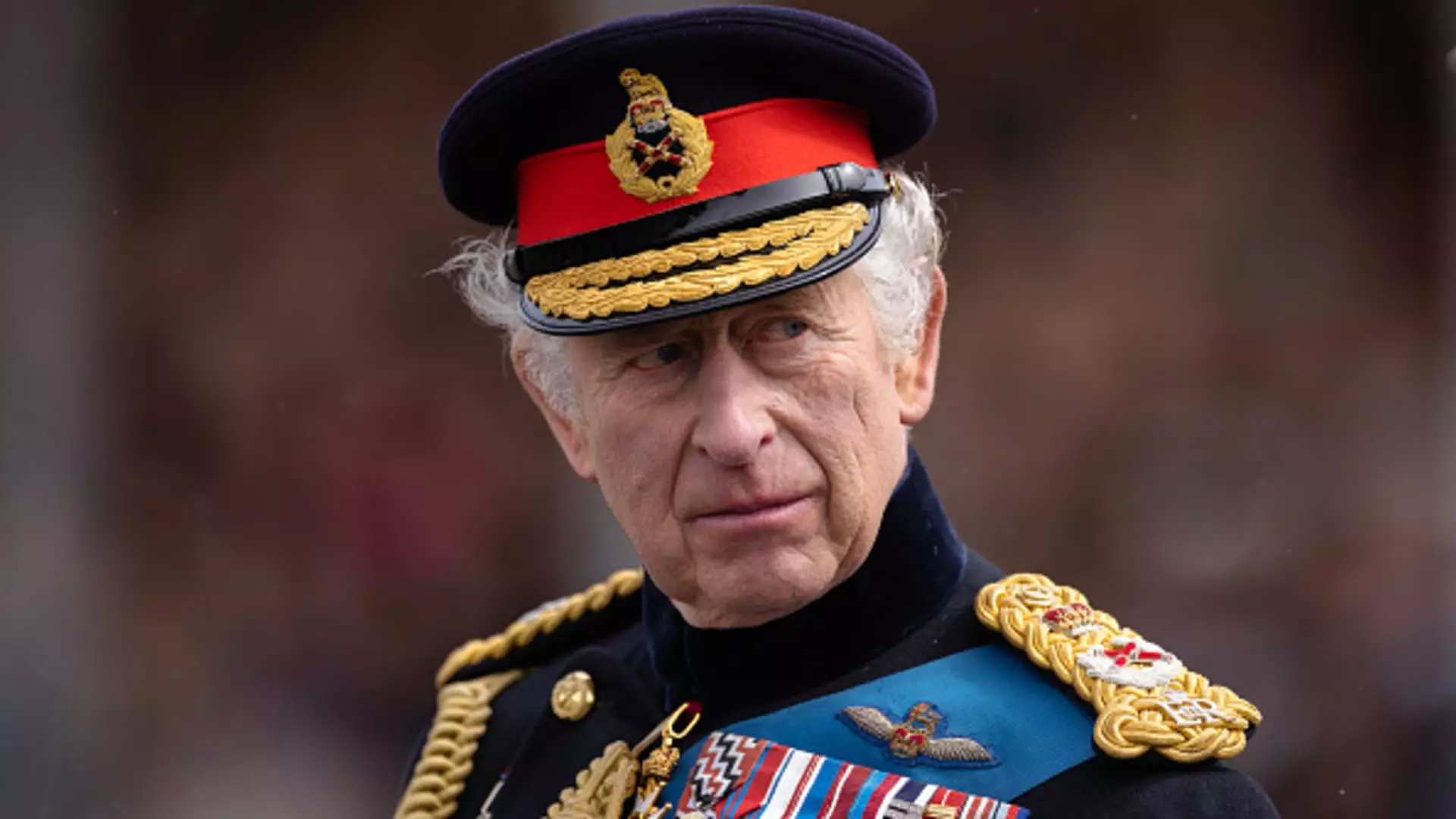Britain’s King Charles III is in for a significant pay raise as profits at The Crown Estate have more than doubled, reaching a staggering £1.1 billion ($1.4 billion) in the 2023-24 financial year. This increase in profits has prompted a 50% rise in the taxpayer-funded Sovereign Grant, which supports the official duties of the Royal Family, from £86.3 million to £132 million. The Crown Estate, which is part of the monarch’s public estate, saw its profits surge primarily due to the sale of options and leases on offshore wind projects. These profits will now flow into funding the monarchy, including King Charles III and his family’s activities and expenditures.
The Crown Estate is a national portfolio of historical and commercial land-holdings owned by the British monarch but managed independently. Generated revenues from The Crown Estate are then given to the government in exchange for certain rights and privileges. The Royal Family, in turn, receives a percentage of these profits to carry out their official duties and cover expenditures such as property maintenance and travel costs. In recent years, there has been a shift in the percentage of profits received by the Royal Family, with a decrease from 25% to 12% to align with the surge in profits.
CEO Dan Labbad attributed the record profits of The Crown Estate to decades of investment in offshore wind projects. Sustainable energy, one of King Charles III’s passion projects, has played a significant role in the estate’s financial success. The sale of options and leases on offshore wind projects on the seabed around the British Isles has been a major contributor to the estate’s profitability. Labbad emphasized the estate’s active management of its property and land portfolio, which he described as “diverse and resilient.”
Separate accounts published by Buckingham Palace shed light on the financial aspects of the Royal Family for the 2023-24 financial year. The king’s coronation alone cost the Sovereign Grant a substantial £800 million. Staffing the royal household amounted to £27.9 million, while property maintenance expenses reached £47 million. Travel costs, including the king and queen’s visit to Kenya, amounted to £4.2 million, with the four-day trip to Kenya costing £167,000. These figures provide insight into the breakdown of expenses incurred by the Royal Family in fulfilling their official duties and obligations.
Labbad welcomed a forthcoming change in legislation that would expand the Crown Estate’s investment powers, allowing for greater impact in areas such as decarbonized energy, nature recovery, regeneration, and economic growth. This change is seen as a positive development that aligns with the estate’s long-term goals and commitment to contributing to the national interest. The broadening of investment powers signifies a strategic shift towards more impactful and sustainable investments that will benefit both the estate and the country as a whole.
The recent financial achievements of The Crown Estate and the Royal Family highlight the importance of strategic investments, active management, and alignment with national priorities. The surge in profits, coupled with the forthcoming legislative changes, bode well for the future financial stability and impact of the Crown Estate in supporting the monarchy’s official duties and broader national interests.


Leave a Reply